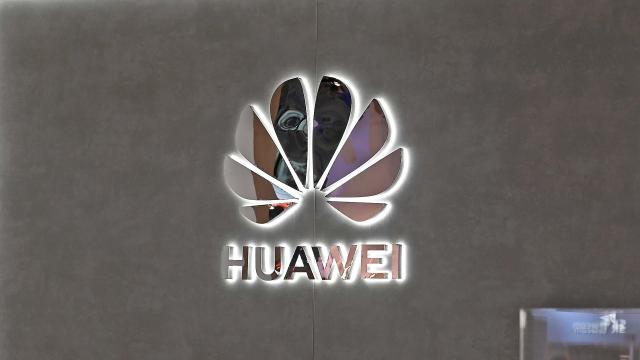After the Trump administration placed Huawei on the U.S. Entity List due to concerns that Huawei poses a national security risk, that meant Huawei would be banned from buying products from U.S. tech organisations including big names such as Google, Qualcomm, Intel, and others.
But when it comes to a company like ARM, who has a headquarters in Cambridge, England but also operates several offices in the U.S., it wasn’t quite as clear how Huawei’s ban on buying U.S. tech would affect one of the largest computer chip designers in the world.
However, according to an internal memo recently obtained by the BBC, ARM has now instructed its workers to end “all active contracts, support entitlements, and any pending engagements” as a response to the U.S. government’s new policy regarding Huawei. In the memo, ARM said its products contained “U.S. origin technology,” which makes the company subject to the same prohibitions against selling goods to Huawei as Google and other U.S. tech firms.
If this course of action holds true, Huawei losing access to ARM’s portfolio could be as bad (or possibly worse) than the potential fallout of Huawei being forced to stop using Android. That’s because while Huawei does have its own line of Kirin processors, much of the core architecture in those Kirin chips relies on ARM-based designs.
Take for example the Kirin 980, Huawei’s latest high-end processor which is featured in flagship devices including the Honour 20 Pro. In the Kirin 980, its CPU uses ARM’s Cortex A76 and Z56 microarchitecture, while its GPU uses ARM’s Mali G76 cores.
That means, in the future, if Huawei wants to continue making its own processors, it will need to switch over to a whole new architecture that doesn’t involve anything made by ARM. That’s not exactly a simple task. And with the inability to buy chips from Qualcomm, that doesn’t leave Huawei with a lot of options. When we reached out to ARM about ending its partnership with Huawei, ARM only responded by saying it had no comment.
That said, in a recent group interview with the China Media Group, Huawei CEO Ren Zhengfei seemed unfazed by the company’s current challenges saying that even without the recently granted 90-day extension that allows Huawei to temporarily continue working with U.S. tech companies, Huawei is fully prepared for the future and that the U.S.’s ban will not cause negative growth.
Now whether that statement speaks to Huawei’s preparation for a life without access to U.S. tech or is just rhetoric pushing back at doubts cast against Huawei remains to be seen. Either way, ARM surely won’t be the last big company forced to stop working with Huawei.
